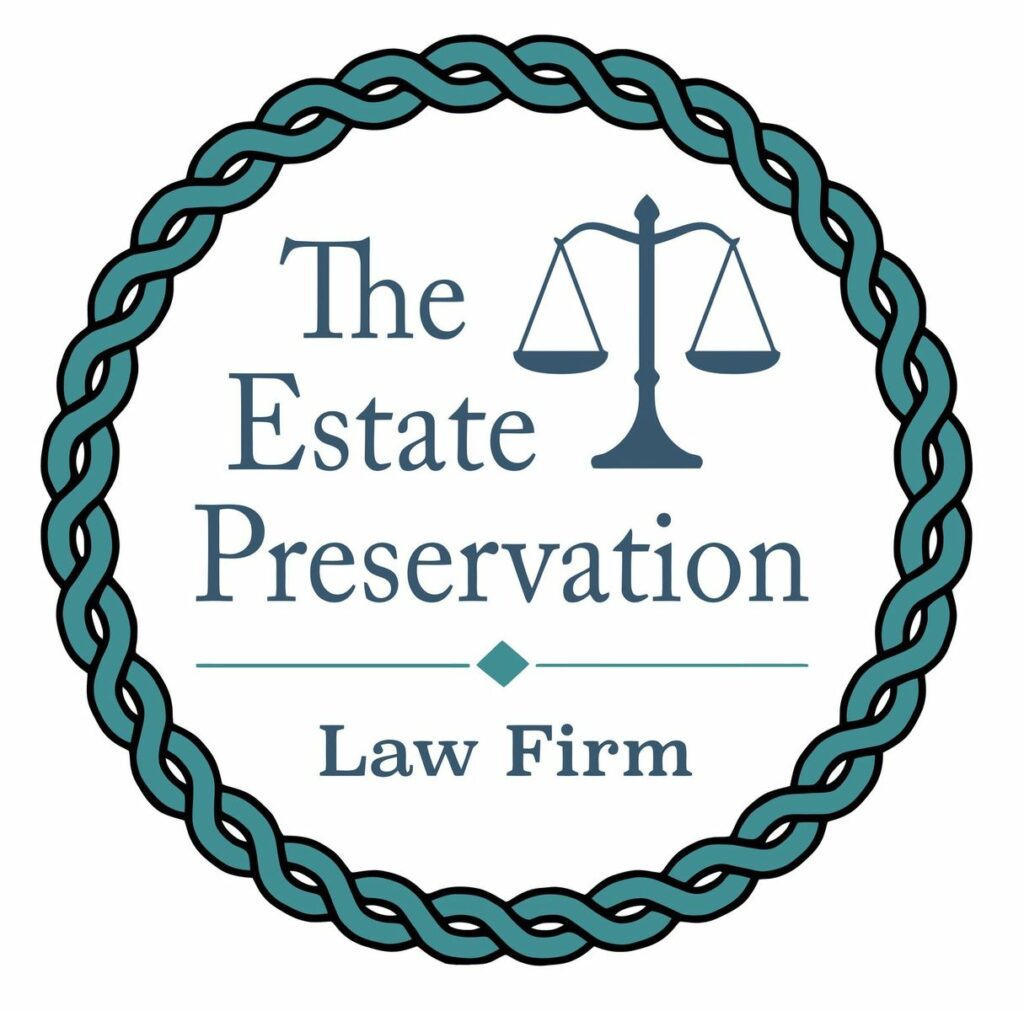Estate Preservation: How Can You Avoid Probate in SC?
Probate is a complex and often lengthy process involving a lot of paperwork and expense. It can also delay the distribution of assets to heirs and beneficiaries. While probate is necessary in some cases, there are ways to avoid it in South Carolina. This article overviews the probate process and offers strategies to help South Carolina residents avoid probate.
Probate is a legal procedure that takes place after a person’s death. It involves the court overseeing the distribution of a deceased person’s assets to their heirs and beneficiaries. The process can be complicated and time-consuming, requiring identifying and settling the deceased person’s debts and taxes and distributing their remaining assets. It also requires court filings, court appearances, and other legal procedures.
A knowledgeable probate attorney can assist if you have trouble understanding the South Carolina probate process. For a consultation, contact a probate attorney in Rock Hill, SC.
How Do Probates Function?
The legal procedure known as probate is used to split a person’s assets after their death. The court will first designate the executor, who will oversee that the decedent’s debts are settled and that the remaining assets are distributed to beneficiaries.
Many people want to spare their loved ones the hassle of going through probate because it is expensive and can take over a year. If someone wants to shield their loved ones from probate, they have some options when creating an estate plan.
Living Trust
A living trust can be used to protect assets from the probate process. A living trust can hold any asset, including land, cars, bank accounts, etc. When establishing a trust, the original trustee must select a successor trustee and assume control of the assets.
The assets pass to the succeeding trustee upon their demise, who distributes them among the trust’s beneficiaries. Distribution may take place without a court order being necessary. You may speak to an estate attorney in Rock Hill, SC for more information.
Joint Ownership
It is usual for two people to have assets together, such as a married pair. In some circumstances, South Carolina recognizes the right of survivorship, which can assist families in avoiding probate when a loved one dies. When two persons jointly own something, and one goes away, the other person immediately gets it under the right of survivorship.
Dual tenancy is the phrase used in this situation. There is no requirement that the property first goes through probate. But, a joint ownership form must be filled out to prove the survivor is an owner.
When the property is real estate, the language on the deed is quite specifically outlined under South Carolina statutes. The deed should describe the owners as “joint tenants with right of survivorship” instead of “tenants in common.”
If one of the owners passes away, this can assist in preventing confusion and the probate procedure. No matter what kind of property is held under joint tenancy, each owner must legitimately be entitled to an equal portion.
Bank Accounts and Payable-on-Death Designations
On rare occasions, people will shield their bank accounts from probate. To safeguard money and CDs, a bank account may be designated as “payable-on-death.” The bank account owner has total control over it for the rest of their life and is even permitted to remove or spend the entire balance.
The beneficiary listed on the designation cannot access the money until the account owner passes away. The beneficiary can then ask the bank for access to the account without first going through probate.
Transfers of Securities
Securities like stocks and bonds can be transferred to another individual after death, like bank accounts. The use of transfer-on-death papers is frequently required for stock and bond registration. Probate is unnecessary when securities are designated as transfer-on-death because they immediately transfer to the beneficiary listed on the form after the shareholder passes away.
Beneficiaries of stocks and bonds will immediately collect the investment from the brokerage business, much to how beneficiaries deal with the bank directly when a bank account has a payable-on-death designation. The brokerage firm must instantly transfer the account.
Conclusion
Understanding the ins and outs of probate in South Carolina is important if you want to avoid it. You can use methods such as creating a trust, setting up joint ownership of assets, or assigning a beneficiary to avoid the process. It is imperative to be aware of the laws of your state, as each state has different requirements for probate.
Additionally, utilizing the services of a Rock Hill probate attorney may help you ensure that your estate plan is properly executed and in compliance with South Carolina’s probate laws.
Estate planning can involve difficult decisions and uncomfortable discussions, but we are here to make the process as smooth and easy as possible. Estate Preservation Law Firm provides comprehensive estate planning services to clients of all ages and backgrounds throughout the Rock Hill, SC, area. Speak to a probate attorney in Rock Hill, SC, today!
